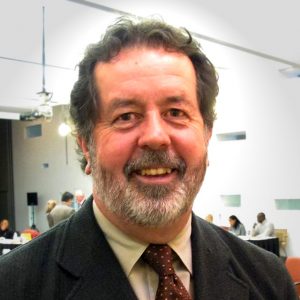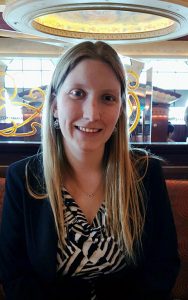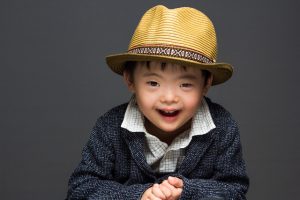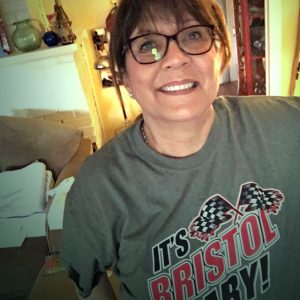Guest Blogs by Ron Benham and Tiffany Gundler.
Ron Benham
When asked to tell a Part C story, I immediately thought it needed to be a story in which I have been an active participant, but more importantly it needed to be framed as a collective response.
I have had the experience of working with early intervention services in Massachusetts prior to P.L. 99‑457, and the journey has never been dull! While, Massachusetts had a well-articulated early intervention system prior to the Individuals with Disabilities Education Act (IDEA) legislation, its passage and ultimate creation of a system of care without waiting lists created unique opportunities for very young children and their families.
Reflecting over time, it is humbling to acknowledge the numerous parties that have continuously moved this system forward. This includes the Office of Special Education Programs, governors, legislative supporters, public health commissioners, budget staff, provider organizations, the pediatric medical community, health plans, higher education, state Part C staff, and most importantly the voices of families. Without the combined commitment of these individuals and organizations it is highly doubtful that the current system in Massachusetts, in its scope and scale, would exist.
As we know from research and grandmotherly wisdom, it’s all about relationships. With young children and their families, and all those mentioned above, the journey of Part C has been about a collective vision of inclusion, positive developmental outcomes for young children and a commitment to full participation of families in the development of policies of how services are delivered.
I am pleased to have been a part of this evolution and salute all those whose commitment and voices have continuously moved this system forward. It has not always been easy but it reflects a system that has tried to always keep the eye on the prize, assisting families in caring for their children and allowing all to have dreams of a brighter future. If we continue to share an inclusive vision with our other Early Childhood partners and act in the best interests of families, we can continue building a comprehensive, broad based system of early education and care.
In closing, I will paraphrase a Beatles lyric and simply say it’s been fun, challenging, exhilarating, and extremely meaningful to be on “the long and winding road” with families, sharing in their lives.
HAPPY ANNIVERSARY!
Ron Benham
Tiffany Gundler
Thanks to early intervention, I have flourished in ways I never could have imagined or thought possible. I was diagnosed at 10 days old with a profound hearing loss and my parents felt lost about how they were going to raise me. Early intervention stepped in and provided them with the assistance, knowledge, and resources they needed to help me grow and succeed. Although I do not remember those days, I relive those moments through my family’s memories. The resources early intervention provided my parents gave them a map for our family, but they still had to choose which path was best for me. They chose the path less traveled, and it led to places I’m sure they never imagined for their baby.
Without early intervention, I may have not had all of the opportunities I was fortunate to have growing up. A huge part of my success comes from the aid my parents received when I was a baby. Early intervention taught my parents and my brother how to help me grow and learn. In addition to all of the support my family received, the staff also worked with me by coming to my house and helping me improve my developmental skills until the age of 3. After early intervention, I went to Clarke School in Northampton, Mass., for 10 years then transitioned to a public high school. From there I went on to college and graduated with a biomedical engineering degree. I now work for a medial orthopedic company designing customized knee replacements.
Another huge benefit that we all received from the early intervention program was the Part C early intervention also provided my family incredible access to support groups that we were able to join. The journey certainly was not an easy one but being able to relate with other parents who were going through the same challenges made things seem a little easier along the way for my parents. I just want to thank the program for not only leading me onto the best path I could have ever imagined, but for also assisting my family along the way as well. They would have never known where to start in helping me grow into the person I am today. In turn, I have been able to pay it forward and help improve the lives of others.
Thank you early intervention for the amazing support and resources you provide families like mine every single day!
Tiffany Gundler








